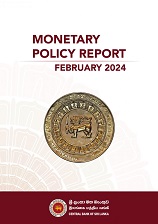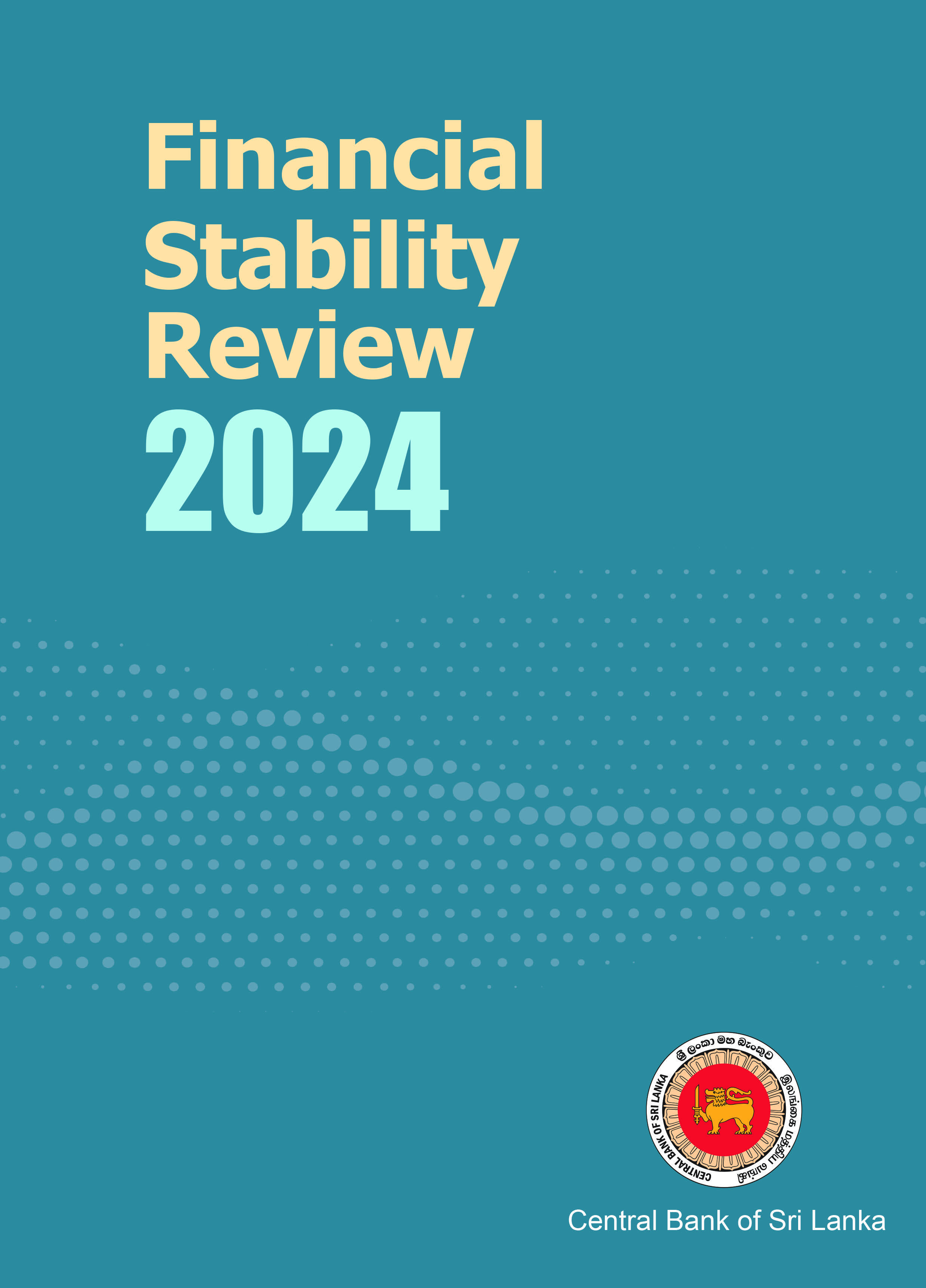Banking Sector
The banking sector in Sri Lanka, which comprises Licensed Commercial Banks (LCBs) and Licensed Specialised banks (LSBs), dominates the financial system and accounts for the highest share of the total assets in the financial system. Banks play a critical role within the Sri Lankan financial system, as they are engaged in provision of liquidity to the entire economy, while transforming the risk characteristics of assets.
Banks also engaged in providing payment services, thereby facilitating all entities to carry out their financial transactions. On the other hand, banks can create vulnerabilities of systemic nature, partly due to a mismatch in maturity of assets and liabilities and their interconnectedness. Therefore, the soundness of banks is important, as it contributes towards maintaining confidence in the financial system, and any failure may have the potential to impact on activities of all other financial and non-financial entities, and finally the economy.
In terms of the asset base and the magnitude of services provided, the LCBs are the single most important category of financial institutions within the banking sector. LCBs dominate the financial system with the highest market share of the entire financial system's assets. Therefore, the health of Sri Lankan financial system depends to a large extent on the soundness of the LCBs, primarily on the performance and financial strength of the six largest LCBs, generally referred to as the Systemically Important Banks (SIBs).
The systemic importance of the LSB sector is relatively low in comparison to the LCBs, both in terms of size and their impact on the financial system, as it does not play a major intermediary role in the payment cycle.










